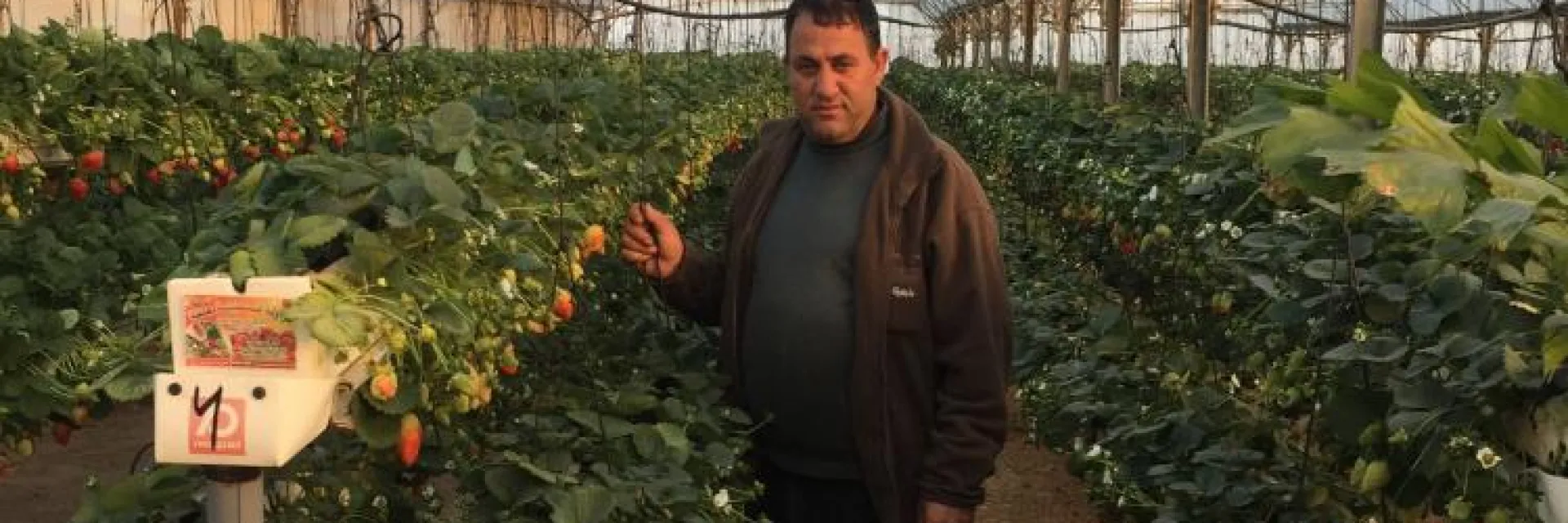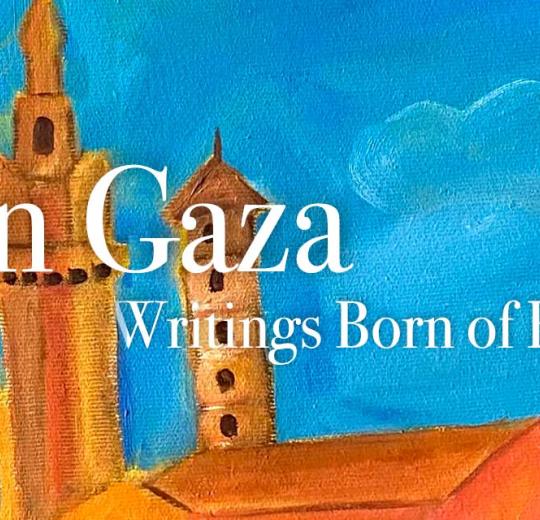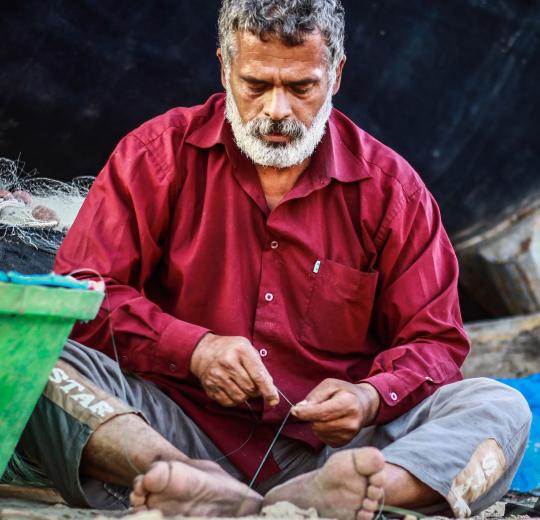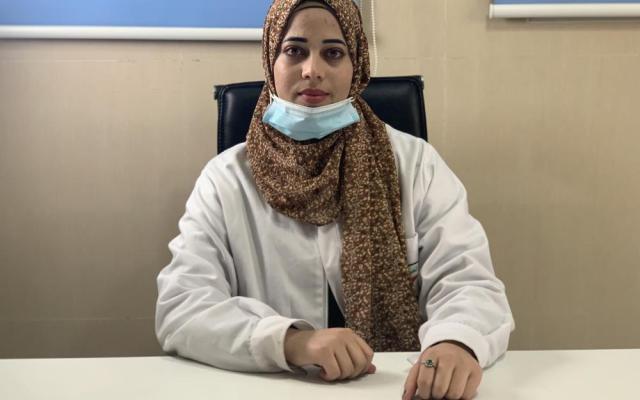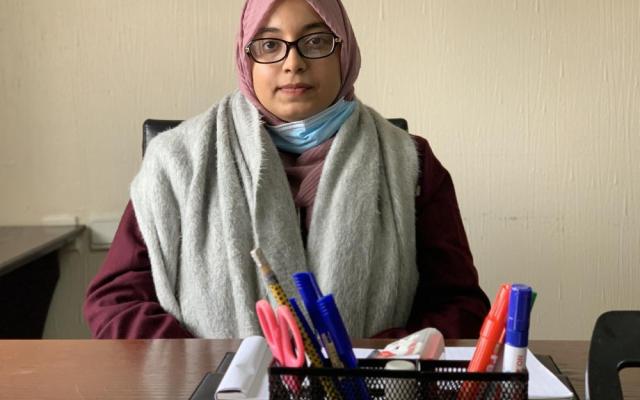The blockade increases prices for materials farmers need, such as the plastic irrigation pipes, pesticides, fuel, nylon, fertilizers, packaging, buds, seeds. Cost for these items have increased 60 to 70 percent in price because of the blockade. Ten years ago, I could purchase strawberry seeds from Israel at NIS 4.00; today, it costs us NIS 16.00. The traders increase the prices because of the siege. In the past, a ton of potatoes cost us NIS 2000, but today we pay NIS 4000.
In 2014 my land was destroyed as was all this area. We returned after the war to find 11 dunums of land [nearly three acres] destroyed. It was complete rubble. I did not have the money to rehabilitate the land.
A Palestinian organization eventually helped us rehabilitate the land and construct a well, but it took more than one year. During that period, I had no income source.
When we finally managed to start farming again, I tried to grow tomatoes. Unfortunately, that was a failed venture mainly because I had to purchase water for irrigation from our neighbors at a very high cost. Later, I started to grow strawberries but did not make any profit because the land was not ready for this type of produce. The soil was too sandy and not fit for this type of agriculture. The Israelis destroyed the upper layer of the soil during the incursions. Previously it was fit for strawberries.
This year my strawberry enterprise succeeded. I was able to reduce costs and increase production. But the land I have available has overall been reduced and exports are limited. Still, I was very happy because I think it is important to succeed. But as a farmer, it is important to have an open market, to export and protect my produce, then I would need nobody and succeed every year.
I am a father of five young men—three are married, two hold a university degree—but none of them is employed. They help me a little with the land.
This land is my spirit, and I have no other alternative but to remain a farmer, especially because I am not educated.

